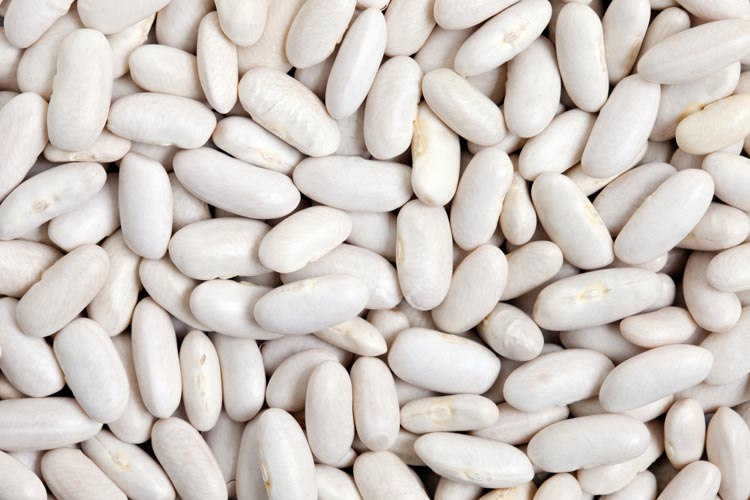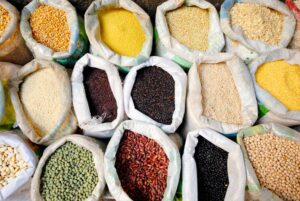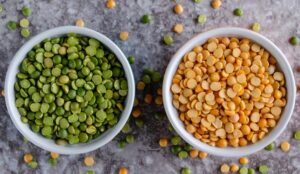In the global pursuit of sustainable living, attention has turned to the humble bean, a dietary staple that is emerging not only as a nutritious source of sustenance but also as a key player in cultivating a healthier planet. The journey from farm to plate involves a complex interplay of environmental factors, and beans, with their unique characteristics, are proving to be champions in fostering a sustainable ecosystem. This article delves into the multifaceted role of beans in promoting ecological balance and contributing to the overall well-being of our planet.
1. Biodiversity and Crop Rotation:
Beans, encompassing a diverse range of species like lentils, chickpeas, and soybeans, play a pivotal role in promoting biodiversity in agricultural landscapes. Many bean varieties are nitrogen-fixing legumes, a process that enhances soil fertility naturally. This not only reduces the need for synthetic fertilizers but also supports the growth of other crops in the rotation. Crop rotation, a common practice in bean farming, helps prevent soil erosion, suppress pests and diseases, and ensures a balanced and resilient ecosystem.
2. Water Conservation:
One of the key environmental challenges in agriculture is water scarcity. Beans have proven to be water-efficient crops compared to some other staples. Their ability to thrive in diverse climates with minimal water requirements makes them an excellent choice for regions facing water stress. By selecting beans as a primary crop, farmers contribute to water conservation efforts, addressing a critical aspect of sustainable agriculture.
3. Carbon Sequestration:
Beans, like all plants, play a crucial role in carbon sequestration. Through photosynthesis, they absorb carbon dioxide from the atmosphere, release oxygen, and store carbon in the soil. This natural process helps mitigate the impacts of climate change by reducing the concentration of greenhouse gases. Sustainable bean farming practices, such as minimal tillage and cover cropping, can further enhance carbon sequestration, making beans an ally in the fight against global warming.
4. Agroforestry and Ecosystem Integration:
Innovative approaches like agroforestry, which involves integrating trees and shrubs into traditional crop farming, are gaining traction for their ecological benefits. Beans, with their adaptability, can be integrated into agroforestry systems, providing additional ecological services. The symbiotic relationships formed between beans and other vegetation contribute to soil health, biodiversity conservation, and overall ecosystem resilience.
5. Local Economies and Sustainable Practices:
The cultivation and consumption of beans contribute to the sustainability of local economies. Supporting local farmers who employ sustainable practices helps create a more resilient and self-reliant food system. This, in turn, reduces the environmental impact associated with long-distance transportation and fosters a sense of community engagement in sustainable agriculture.
As we navigate the complexities of building a sustainable future, beans emerge as a versatile and impactful player in cultivating a healthier planet. From enhancing soil fertility and conserving water to sequestering carbon and supporting local economies, the ecological benefits of beans extend far beyond the confines of our dinner plates. By recognizing and promoting the sustainable practices associated with beans, we not only nourish our bodies but also contribute to the collective well-being of the planet we call home. Beans and beyond, the journey towards a healthier and more sustainable ecosystem has only just begun.




